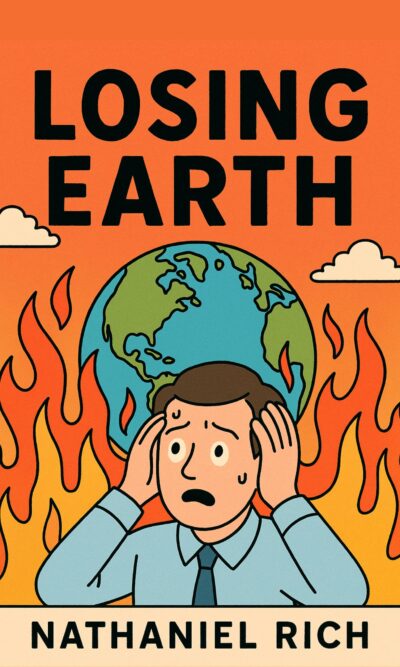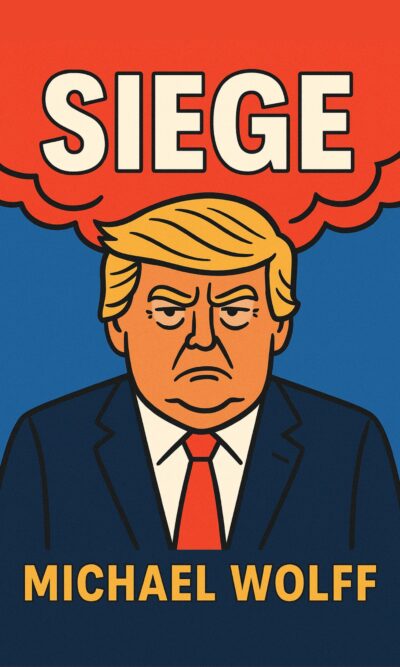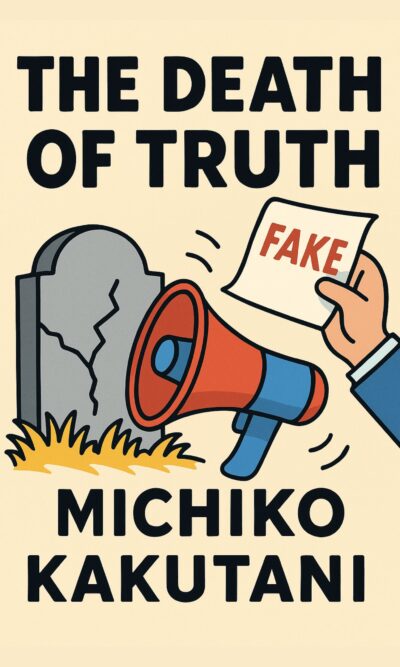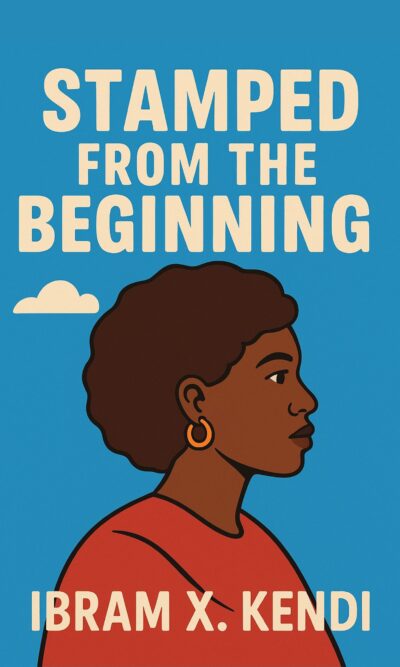Description
Dune is a story set in a faraway future where humanity has spread across the stars and built a galactic empire. Planets are ruled by powerful noble houses, all under the authority of one Emperor. But power is fragile, and the struggle to control resources drives much of this universe. The most valuable resource of all is a mysterious substance called spice, found only on the desert planet Arrakis. Spice can heighten awareness, extend life, and even make space travel possible. Whoever controls spice controls the fate of the universe.
The novel begins with House Atreides, led by Duke Leto, being ordered to take over Arrakis. At first, this looks like a great honor. But beneath the surface, it is a deadly trap. The former rulers of Arrakis, House Harkonnen, hate the Atreides and want revenge. Even worse, the Emperor himself secretly sides with the Harkonnens, seeing Duke Leto’s popularity as a threat. Arrakis is not only dangerous because of political enemies; the planet itself is harsh. The endless desert is home to giant sandworms, violent storms, and the fierce native people known as the Fremen. Water is so scarce that survival itself is a daily battle.
Among all this tension, Duke Leto’s son, Paul Atreides, stands at the center of the story. Paul is a teenager, but he has been trained in both strategy and combat. He also carries something special within him. His mother, Lady Jessica, belongs to a mysterious order of women called the Bene Gesserit, who use discipline, training, and secret knowledge to influence history. Jessica was supposed to bear only daughters, but out of love for the Duke, she gave birth to a son. Because of this, Paul may be the long-awaited figure known as the Kwisatz Haderach — a prophesied leader with powers beyond human limits.
When the Atreides arrive on Arrakis, betrayal quickly unfolds. A trusted doctor named Yueh, forced into treachery, disables the defenses of the Atreides. The Harkonnen army, aided by the Emperor’s troops, attacks. Duke Leto is killed in the assault, but before he dies, he tries to take the Baron Harkonnen with him in a desperate act. The plan fails. In the chaos, Paul and his mother Jessica escape into the desert. Alone and hunted, they must survive with almost no resources.
As they struggle, Paul begins to awaken to his true power. The spice-rich environment sharpens his visions, giving him glimpses of possible futures. He sees paths of war, sacrifice, and leadership. Some of these visions terrify him, as they suggest he might lead a holy war across the universe. Still, survival forces him forward.
Eventually, Paul and Jessica encounter the Fremen, the people native to Arrakis. At first, the Fremen are cautious. But Paul proves himself in combat, defeating a warrior in a ritual duel. Gaining their respect, he is welcomed into their society. Here Paul receives a new name, Muad’Dib, and begins his transformation from a noble exile into a leader of legend. The Fremen are not simple desert wanderers; they are disciplined fighters with a dream of turning Arrakis into a fertile world. They have learned to ride the giant sandworms and live in harmony with the desert.
Paul learns from them and grows closer to Chani, a young Fremen woman who becomes his companion and love. Together, they form a bond that is both personal and political, uniting Paul with the people he now leads. Jessica also finds her place, becoming the spiritual guide of the Fremen after undergoing their sacred rituals.
As years pass, Paul rises in power and confidence. He becomes both a military commander and a spiritual figure. The Fremen see him as the fulfillment of prophecy, a messiah who will bring them freedom. Paul, however, remains troubled by the possible consequences of his role. His visions suggest that his rise could unleash violence across the galaxy. Still, the time comes when he can no longer stand aside.
The Emperor and the Harkonnens return to crush the growing strength of the Fremen. Paul gathers his people and prepares for the decisive battle. Using the desert itself as an ally, Paul leads the Fremen in a massive assault. Riding sandworms and striking during a powerful storm, they overwhelm the Emperor’s forces.
The climax arrives when Paul faces his enemies not only with weapons but also with political cunning. He threatens to destroy all spice production if the Emperor does not surrender. Since spice is the foundation of galactic travel and wealth, this threat is enough to force compliance. Paul demands the Emperor’s throne and secures it by marrying the Emperor’s daughter, Princess Irulan. While this marriage is political, Paul’s true partner remains Chani, who will continue to stand by his side.
By the end of Dune, Paul has accepted his role as the Kwisatz Haderach. He has defeated his enemies, claimed power, and united the Fremen. But victory comes with a shadow. He knows that his rise will set in motion a chain of events he cannot fully control. Wars will be fought in his name, and countless lives will be changed forever.
The story of Dune is not just about battles and politics. At its heart, it is about the relationship between humanity and nature, about how belief can shape destiny, and about the cost of power. Arrakis is more than a backdrop; it is a character itself, testing those who try to rule it. The Fremen show that survival comes not through domination but through balance with the desert. Paul’s journey is both heroic and tragic, as he becomes the very leader people dreamed of while fearing the consequences of what his leadership means.
Frank Herbert’s novel remains powerful because it blends adventure, philosophy, and ecology into a single tale. It asks big questions: Who truly controls history — individuals, fate, or the environment? Can leaders ever rise without being consumed by the expectations of those who follow them? And most of all, what price must be paid for power?
In the end, Dune tells the story of a boy who becomes a legend, a family destroyed by betrayal, and a people who find hope in the harshest of places. It is a reminder that even in a universe filled with politics, religion, and war, the choices of one person can change everything.





